- Countries that exercise more don’t have less obesity
- Mild exercise on average leads to caloric excess
- Only vigorous exercise leads to caloric deficit
- Even fairly extreme exercise like marathons don’t make people consistently lose weight.
By Jason Fung, M.D., Co-founder of The Fasting Method
The Washington Post wonders, “Exercise does so much for you. Why won’t it make you lose Weight?” If exercise were indeed a major weapon in the fight against obesity, you might expect that countries that exercise more would have less obesity. You might also be wrong. A recent 8 country survey of exercise habits shows that people in the good ol’ United States of America did the most.
Against a global average of 112 days of exercise a year, the Americans were burning up the circuit with a whopping 135 days compared to the slovenly Dutch at 93 days/ year. The main motivation? Weight Loss.
Did all this exercise translate into less obesity? Not really. The non-exercising Netherlands had a rate of obesity less than 1/3 of those iron pumping Americans. Certainly, exercise has many benefits, but weight loss is not one of them. Exercise is more like brushing your teeth. Should you brush your teeth? Absolutely. But don’t expect any weight loss.
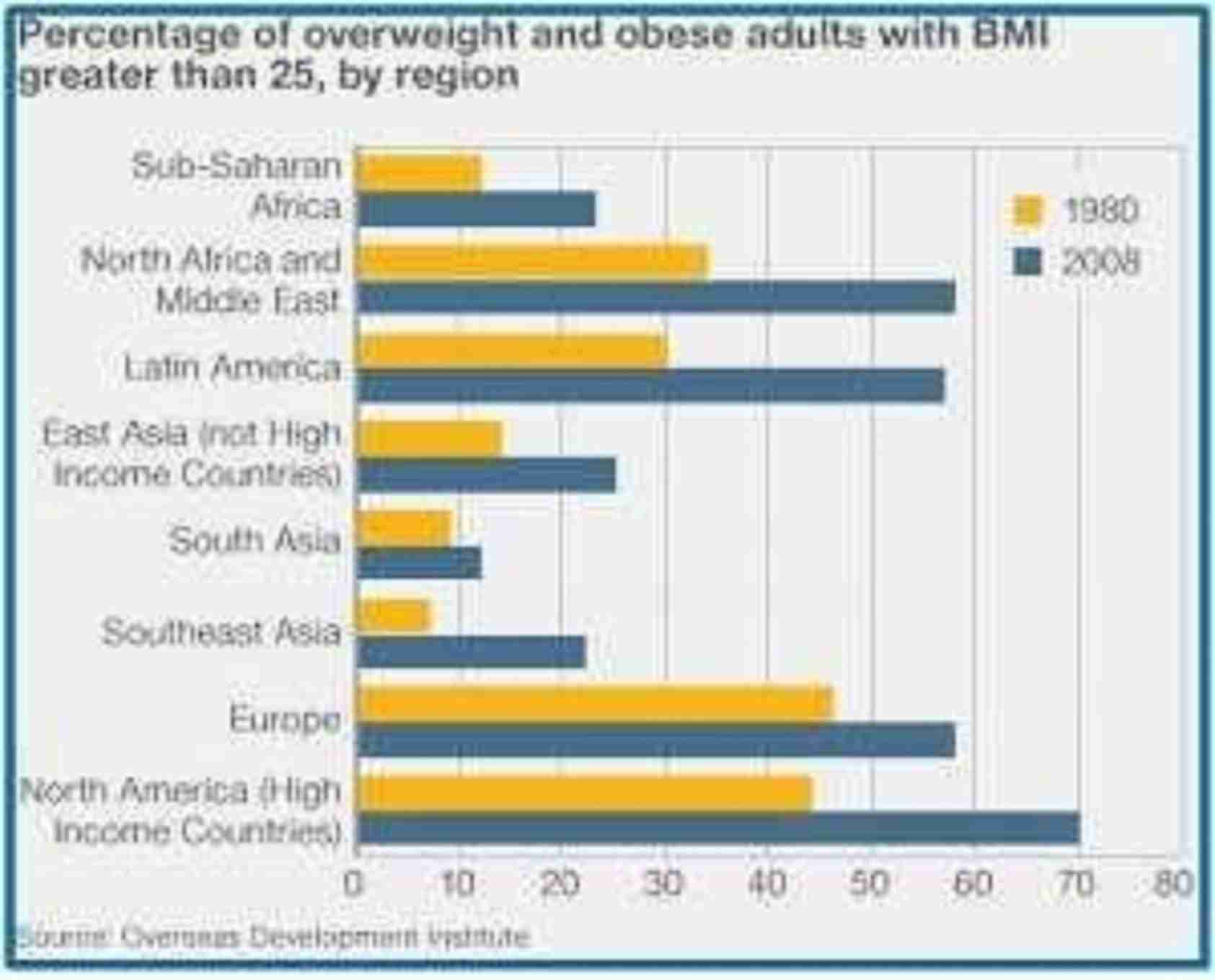
These are not simply idle musings. The health implications are enormous. Consider the enormous sums of money being spent to promote Physical Education in the classroom, improved access to sports facilities, and improved playgrounds for children in inner city neighborhoods. While each of these things is good, we should not expect any improvement in obesity. They are all based on the flawed notion that exercise is important in the fight against obesity. The reason exercise is less effective for weight loss than we suppose is due to a phenomenon called compensation.
Compensation
The body adapts in two major ways to increased exercise.
- Increased appetite.
- Decreased activity outside of the exercise.
As you increase exercise, you tend to eat more, as shown in this paper – “Total energy intake, adolescent discretionary behaviors and the energy gap” From the Harvard school of Public Health, this prospective cohort study followed 538 students and examined the various calorie excess/ deficit associated with different activities. The conclusion from the study:
Although physical activity is thought of as an energy deficit activity, our estimates do not support this hypothesis. Reading/doing homework is the only discretionary activity examined which appears to be clearly energy neutral.
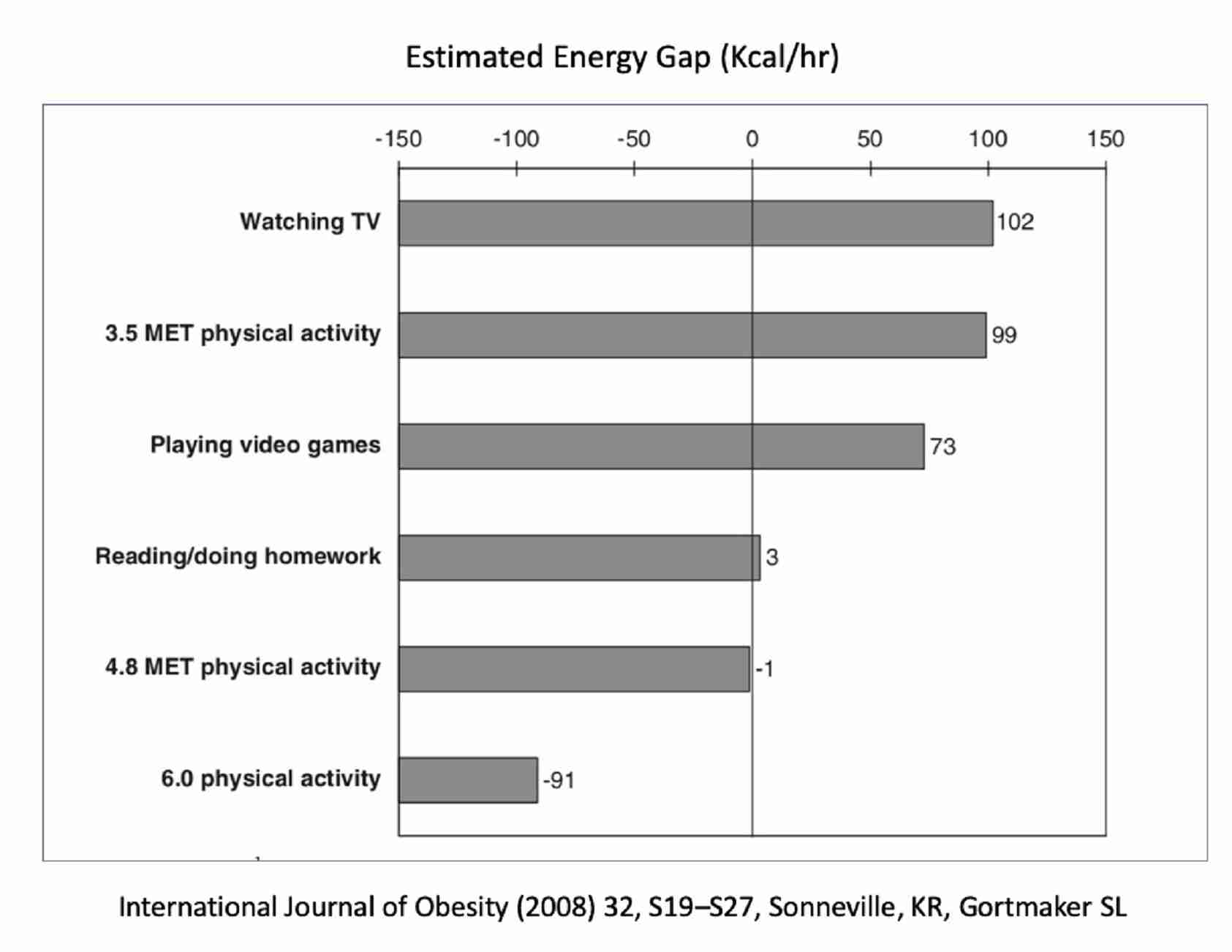
For an hour of watching TV, kids ate 102 more calories than they spent. This makes them gain weight. But mild exercise, equivalent to 3.5 MET (metabolic equivalents), which is similar to walking at a moderate pace, is also associated with an excess of calories of 99, which is almost as bad. If you do 4.8 MET physical activity, similar to bicycling or stairs or dancing, you don’t get into a caloric deficit. It’s neutral – not much different from reading a book. Since physical exercise clearly uses up calories, the only way it is overall caloric neutral is if the exercise stimulates the appetite. Many, many studies that show the same effect. Or, you could use common sense. They don’t call it “working up an appetite” for nothing, you know, Einstein.
You need to get up to 6 MET physical activity, equivalent to rowing, strenuous hiking or skiing to get into a caloric deficit. But it’s relatively modest. If we estimate that one pound of body fat contains 3500 calories, then you would require almost 40 hours of vigorous exercise!
Marathons made them Fat
In 2012, a review of studies of exercise for weight loss asked the question “Why do individuals not lose more weight from an exercise intervention at a defined dose?” In plain English, this means “Why don’t you lose weight from doing more exercise?” Almost all studies revealed that exercise provided little or no weight loss benefits, and the reason was that the prescribed exercise was not that vigorous, and because increased exercise generally made people eat more.
Another trial “Exercise Effect on Weight and Body Fat in Men and Women” randomized over 200 people to either no exercise or 1 hour of aerobic exercise 6 days/week. After 1 year of spins, reps and sweatin’ with the oldies, the average weight loss for women was …… 3 pounds. For men it was …… 4 pounds. Color me unimpressed. Exercise is just not that effective for weight loss.
Maybe you think that the dose of exercise was not enough. What about marathons? Is that enough exercise for you, Mr. Varsity? A Danish research took a group of men and women previously sedentary and trained them to run a marathon over 18 months. The study “Food intake and body composition in novice athletes during a training period to run a marathon” was published in International Journal of Sports Medicine, May 1989; 10(1 suppl.):S17-2.
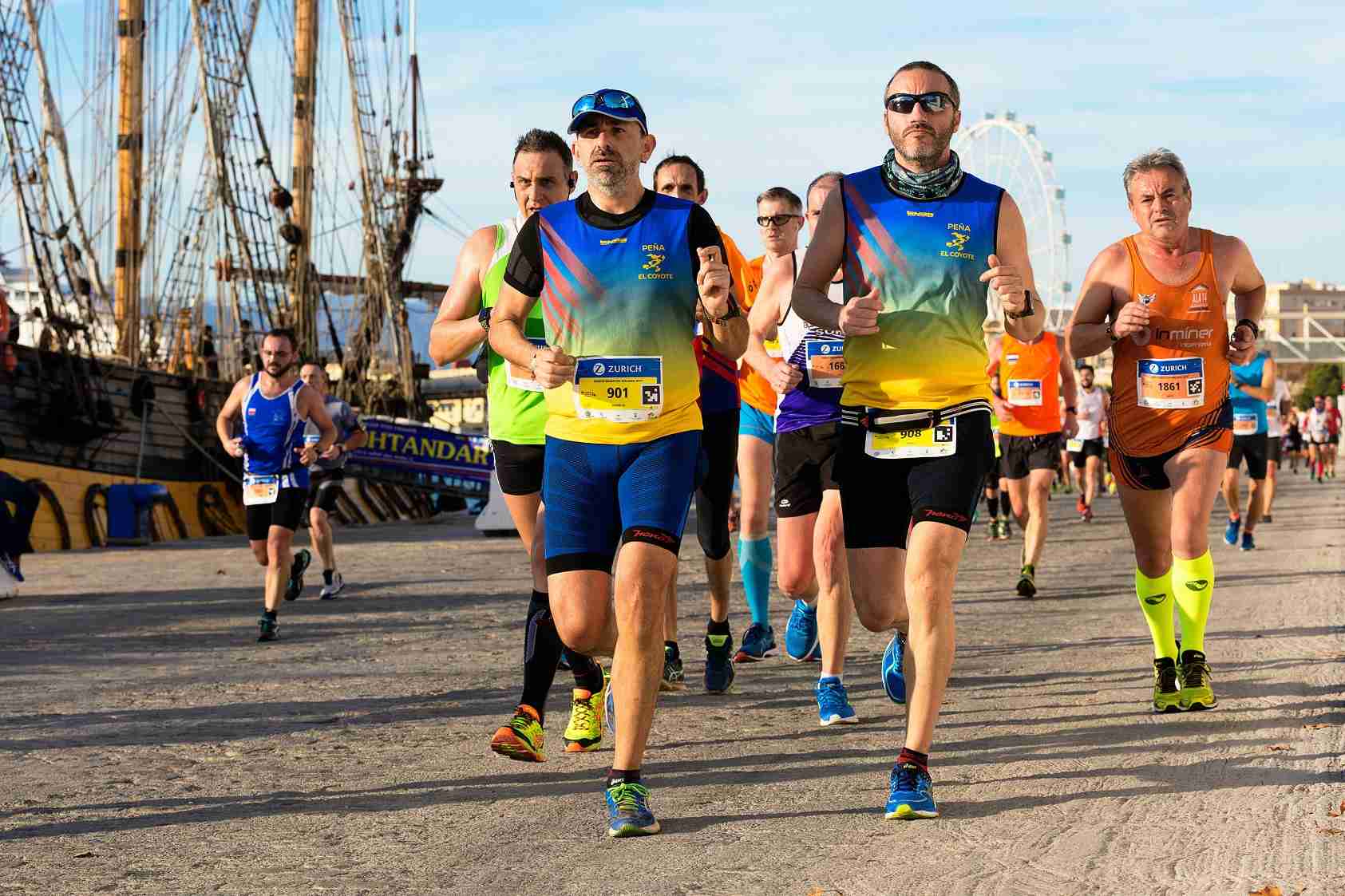
Running mile after mile after mile. But so worth it, right? Average body fat loss for men ….. 5 pounds. Average weight loss for women …… zero. But maybe all the fat turned into lean muscle. Sorry buddy – the study noted that “no change in body composition was observed”. In other words, the body fat stayed as body fat. This phenomenon has also been well documented in The Cut “I am Training for a Marathon. So Why am I Getting Fat?”, as well as the New York Post “Marathon training made me Fat”
In the fantastic BBC series “The Men who Made us Thin” Jacques Peretti discusses how the exercise industry exists not to help you lose fat, but to fatten their own wallets. It is a machine to separate you from your dead presidents. Works pretty good, too. They know that weight loss is the major motivating factor for joining the gym.
The Cruel Hoax
This then is The Cruel Hoax of the Low Fat, Low Calorie Diet that we have all been told to follow. It. Just. Does. Not. Work. Eating less does not result in weight loss. It is cruel because so many of us have believed in it. It is cruel because all of our ‘trusted health sources’ tell us it is true. It is cruel because when it fails, we blame ourselves. We need to throw this theory into the garbage where it belongs.
Let me state it as plainly as I can. Eating too much does not cause obesity. Exercising too little does not cause obesity. Therefore, eating less and moving more will not cure obesity. It is proven. Accept it.

For more, see The Obesity Code.
Learn more about Pique Fasting Tea.
For fasting education, support and community, go to The Fasting Method.

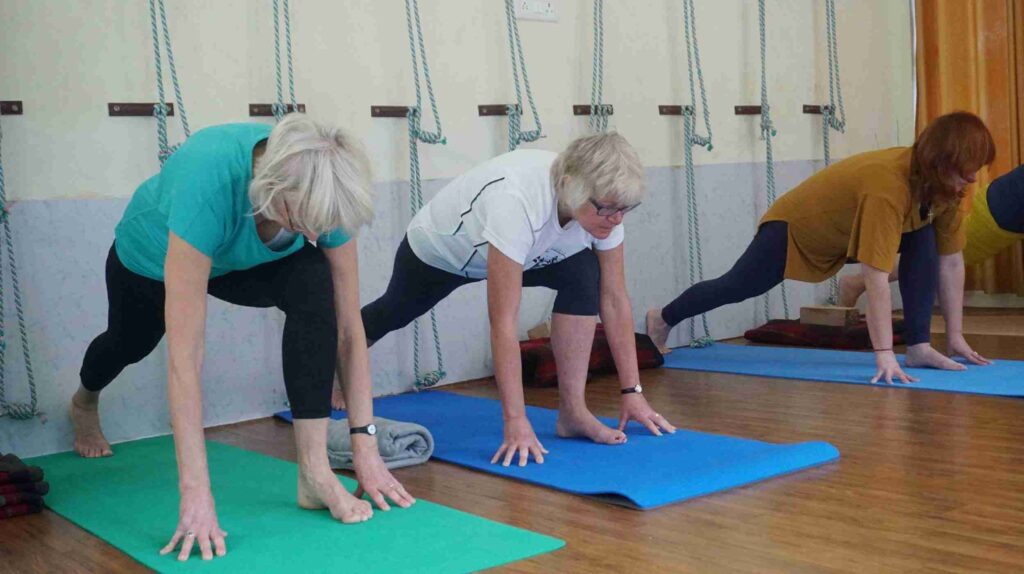

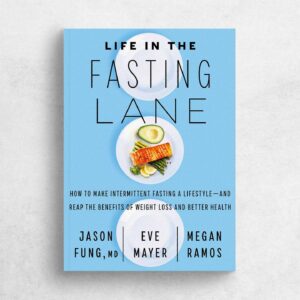
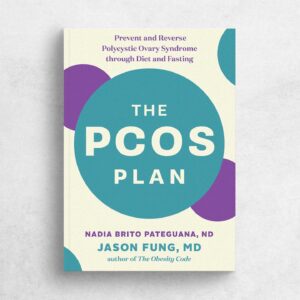
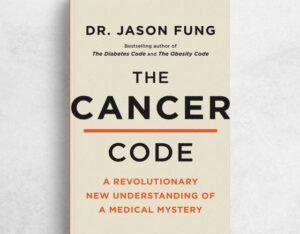
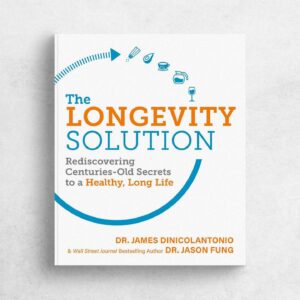
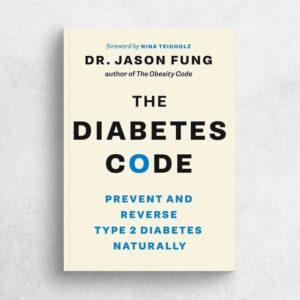
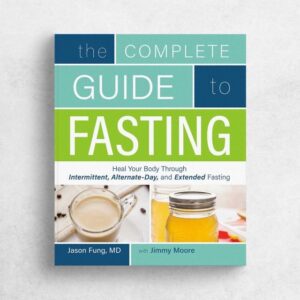
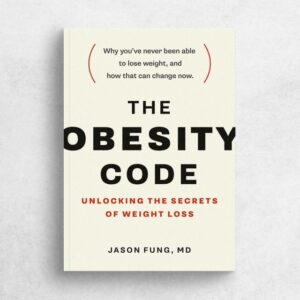
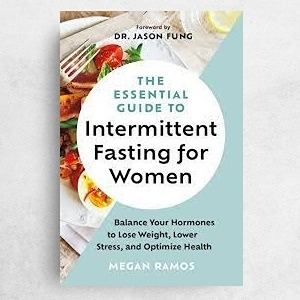
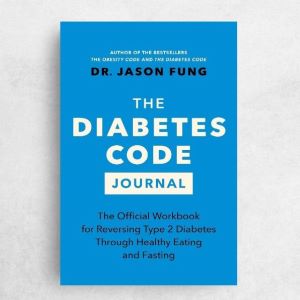
Responses